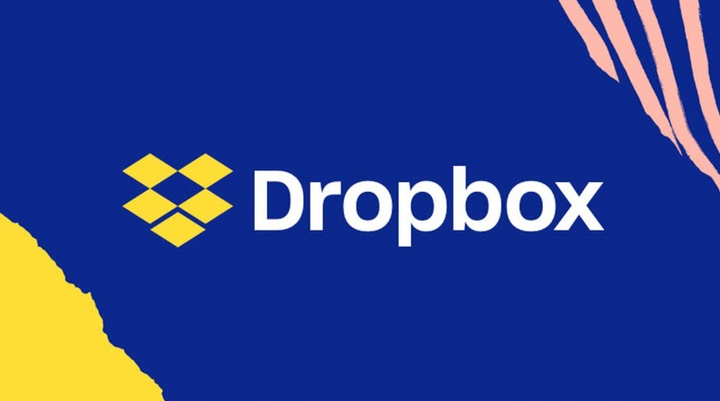



Followers
1
Category
Productivity
Tag
Software
Dropbox is a file hosting service operated by the American company Dropbox, Inc., headquartered in San Francisco, California, that offers cloud storage, file synchronization, personal cloud, and client software. Dropbox was founded in 2007 by MIT students Drew Houston and Arash Ferdowsi as a startup company, with initial funding from seed accelerator Y Combinator.
Dropbox has been ranked as one of the most valuable startups in the US and the world, with a valuation of over US$10 billion, and it has been described as one of Y Combinator's most successful investments to date.
However, Dropbox has also experienced criticism and generated controversy for issues including security breaches and privacy concerns.
Resource: Wikipedia
Google Drive
Google Drive is a file storage and synchronization service developed by Google. Launched on April 24, 2012, Google Drive allows users to store files in the cloud (on Google's servers), synchronize fil
Microsoft OneDrive
Microsoft OneDrive (previously known as SkyDrive) is a file hosting service and synchronization service operated by Microsoft as part of its web version of Office. First launched in August 2007, OneDr
Microsoft Word
Microsoft Word is a word processor developed by Microsoft. It was first released on October 25, 1983, under the name Multi-Tool Word for Xenix systems. Subsequent versions were later written for sever
Google Docs
Google Docs is an online word processor included as part of the free, web-based Google Docs Editors suite offered by Google, which also includes Google Sheets, Google Slides, Google Drawings, Google F
Xbox
The Xbox app is an app for Windows 8, Windows 10, Windows 11, Android, and iOS. It acts as a companion app for Xbox video game consoles, providing access to Xbox Live community features, remote contro
Microsoft To Do
Microsoft To Do (previously styled as Microsoft To-Do) is a cloud-based task management application. It allows users to manage their tasks from a smartphone, tablet and computer. The technology is pro
Trello
Trello is a web-based, Kanban-style, list-making application and is developed by Trello Enterprise, a subsidiary of Atlassian. Created in 2011 by Fog Creek Software (now Glitch), it was spun out to fo
Git
Git is a distributed version control system designed to manage and track changes to files. It is commonly used by software developers working collaboratively to manage source code efficiently. Gi
Adobe Character Animator
Adobe Character Animator is an Emmy Award-winning desktop application software product that combines live motion-capture with a multi-track recording system to control layered 2D puppets drawn in Phot
Microsoft Excel
Microsoft Excel is a spreadsheet developed by Microsoft for Windows, macOS, Android and iOS. It features calculation, graphing tools, pivot tables, and a macro programming language called Visual Basic
Zoom
Zoom Meetings (commonly shortened to Zoom, and stylized as zoom) is a proprietary video teleconferencing software program developed by Zoom Video Communications. The free plan allows up to 100 concurr
SoundCloud
SoundCloud is a popular music streaming and sharing platform, founded in 2007. It enables independent artists to upload and share their music directly with listeners. Key Features:Access to milli
Microsoft Teams
Microsoft Teams is a proprietary business communication platform developed by Microsoft, as part of the Microsoft 365 family of products. Teams primarily competes with the similar service Slack, offer